Specializing in industrial polymer solutions and large-scale recycling services for the Southeast region of the United States, SD Polymers is equally committed to raising the living standard of ragpickers behind the scenes. Along with financial aid, the organization provides non-monetary help including mental health education, hygiene, and health awareness, as well as morale upliftment programs to enhance their lives.
TheCSRUniverse had an exclusive interview with Mr. Dhanish Goyal, CEO, wherein he discussed the company’s dedicated efforts to uplift the lives of ragpickers. He shared that it not only provides monetary incentives to the ragpickers for the waste collected by them but also trains them to effectively identify and segregate different types of waste to increase their income.
Mr. Goyal also touches upon the organization’s plans to leverage advanced AI technology and ground-level support to scale their initiatives. It has new waste management projects, partnerships, and innovative waste-cleaning technology in the pipeline.
Scroll down to read the full interview:
Q. Could you elaborate on how S D Polymers is offering financial incentives to ragpickers for responsible waste disposal? We would like to understand the scope and key components of this initiative.
A. We are working to uplift the overall living standard of ragpickers.We provide both monetary and non-monetary incentives to ragpickers. With the monetary aid we pay them money for the waste collected by them and to increase their income we provide them training about the type of polymer waste, its identification, its safe segregation and collection at source, and its safe handling. This enables them to collect waste effectively thereby providing waste in the form which can generate higher revenues for them. Further, we provide them with non-monetary aids such as health awareness, education on hygiene and sanitization practices, mental health education, and morale upliftment programs.
Q. What are the challenges you are anticipating in your journey of helping ragpickers while contributing to environmental preservation, and how do you plan to address them?
A. The major challenges will be the spread of their numbers, their identification, language barriers, and lack of education.We plan to address these issues through the use of technology and manual efforts of tracking them through local programs, identifying them, educating them, training them, and uplifting them.
Q. You are collecting essential data about ragpickers and establishing a local collection center to offer financial benefits. How do you think this data would strengthen your initiative further? Also, what is the timeline for the local collection center to be functional?
A. The essential details of ragpickers collected by us will strengthen our AI program and ground-level team developed for aggregation of ragpickers, streamlining the waste collection and waste-to-value activities by developing local collection centers in close proximity of waste generators and ragpickers to restrict long-distance movement of waste. We have already commenced 2 local collection centers and will be developing 20 more collection centers in the next 12 months.
Q. Ragpickers play a crucial role in waste management, yet their contribution often needs more recognition and support. In your opinion, how are other companies progressing on this front and what more can they do to address this issue?
A. Ragpickers play the role of being the first respondent to the waste management process. Many companies have done a great job in providing recognition to ragpickers through various drives, social media statements, and support through monetary grants. In addition, to present efforts there shall be focused drives for boosting them morally towards their approach regarding future waste management scope, building strong beliefs in the education system, accrediting them through social recognition, and providing them frontline accreditation through public programs.
Q. S D Polymers aims to foster a culture of sustainability and also give the waste collectors an identity. What are the key steps that the company plans to take in this direction?
A. We are working in two directions regarding the same. The first step is to reduce non-biodegradable waste by working with companies to use sustainable packaging and the second step is to increase the recycling of non-biodegradable products through waste management activities. To increase our waste management process, we have enrolled waste collectors through their Aadhaar number and issued them identity cards. These cards provide them with a unique identification number and ratings of their waste collection efforts.
Q. Could you give us an idea of your budget outlay for CSR Activities for the year 2023-24? What portion of this budget has been allocated to this project?
A. We are planning for a budget of approximately Rs.10-12 crores for CSR Activities for 2023-24 out of which 78% of the same has been allocated for this project.
Q. Besides environmental sustainability, what are the other CSR focus areas for S D Polymers? Are there any recent milestones you have achieved in these domains that you would like to share with us?
A. Besides environmental sustainability, we are working towards resource circularity in the metal and polymer industry as focused CSR areas. We have successfully launched our Bumper-to-Bumper program for four four-wheeler markets and Fender program for two-wheeler markets for circularityactivities in the Automotive sector. Under these drives are doing part-wise identification, collection, sorting, shredding, cleaning, and reprocessing of automobile parts to create new parts made from recycled material exhibiting similar quality as virgin materials.
Q. Looking ahead, how do you see your social initiatives evolving and scaling up in the near future? Are there any upcoming projects, partnerships, or innovations that you are looking forward to?
A. Moving ahead, our social initiatives will be evolving towards circular products to reduce the extraction of new natural resources from the mother earth and reduction in the carbon dioxide generation from the same. We will scale up our initiatives through the use of advanced AI technology and ground-level support. We are coming up with a new waste management project in Faridabad having a capacity of 200MT per day, followed by our partnership with Rebound Plastic from UAE for the formation of Global Recycling centers. Further, we are launching our innovative waste-cleaning technology for cleansing MSW and other forms of waste.




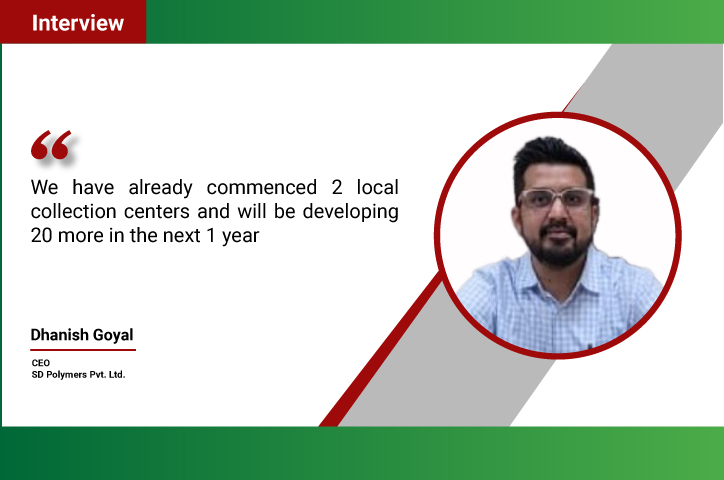
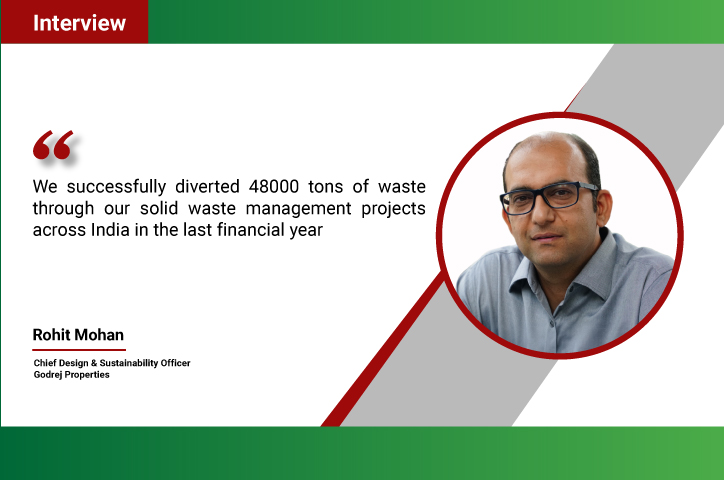
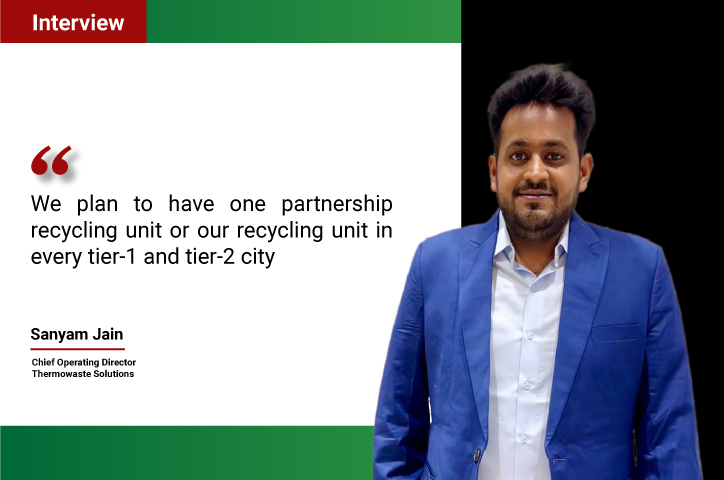
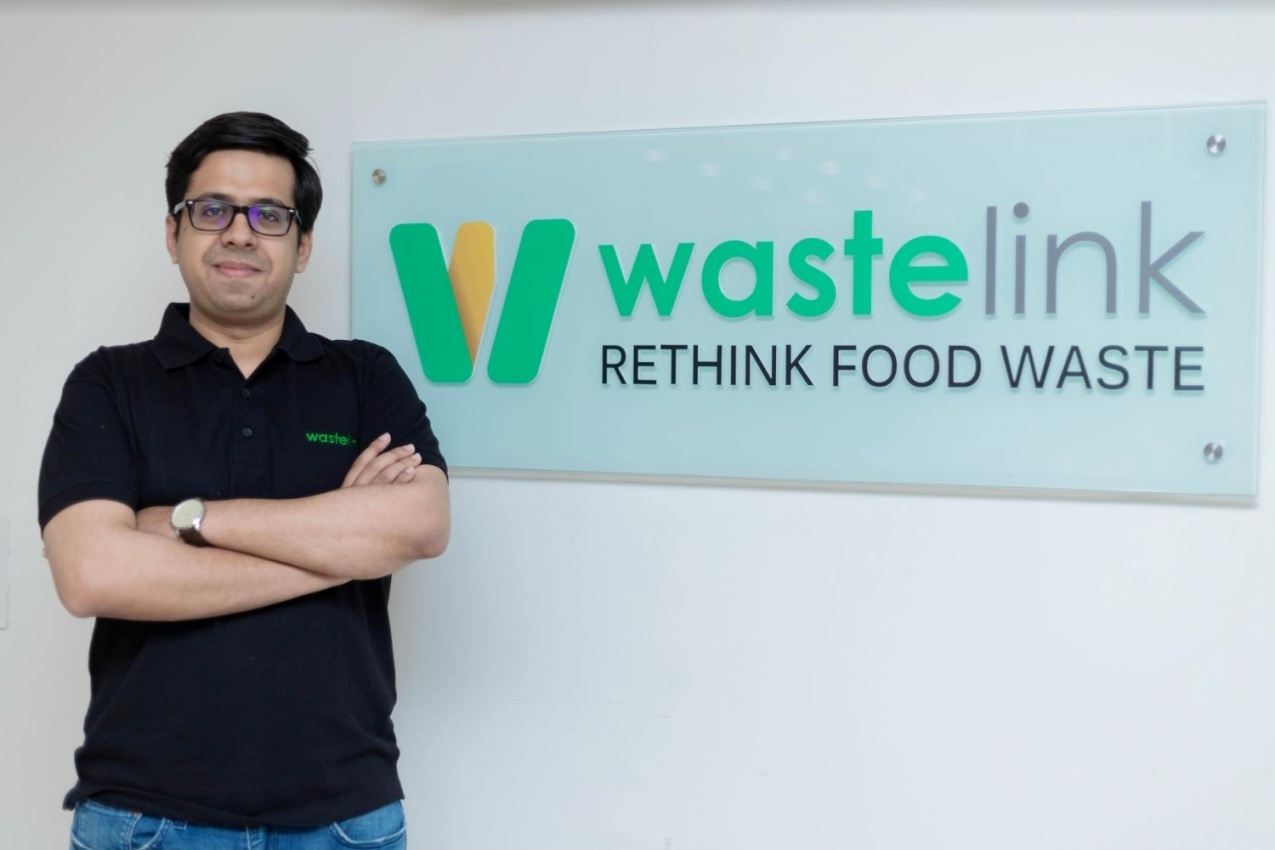
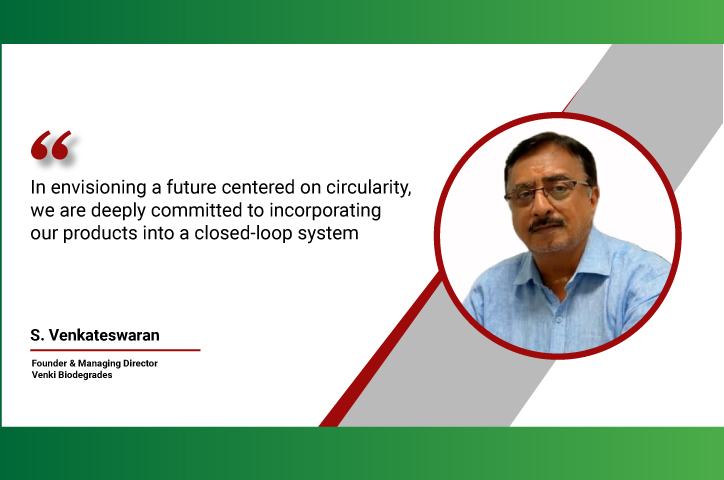
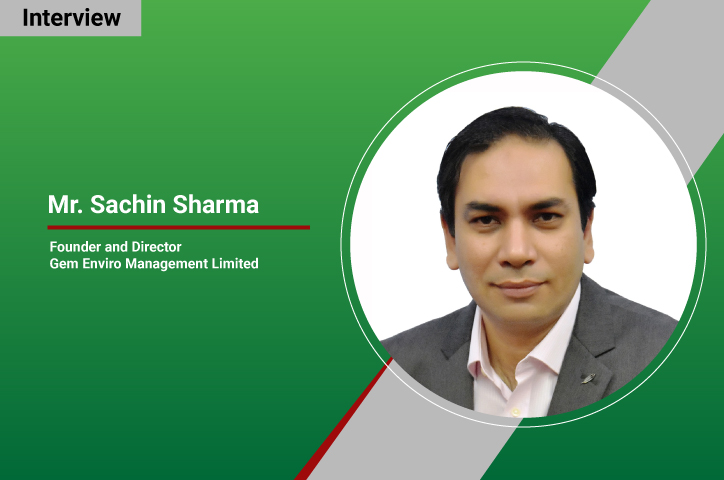
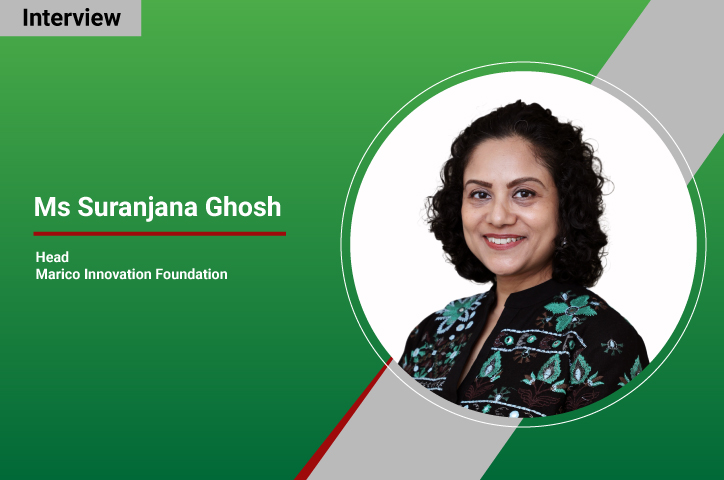

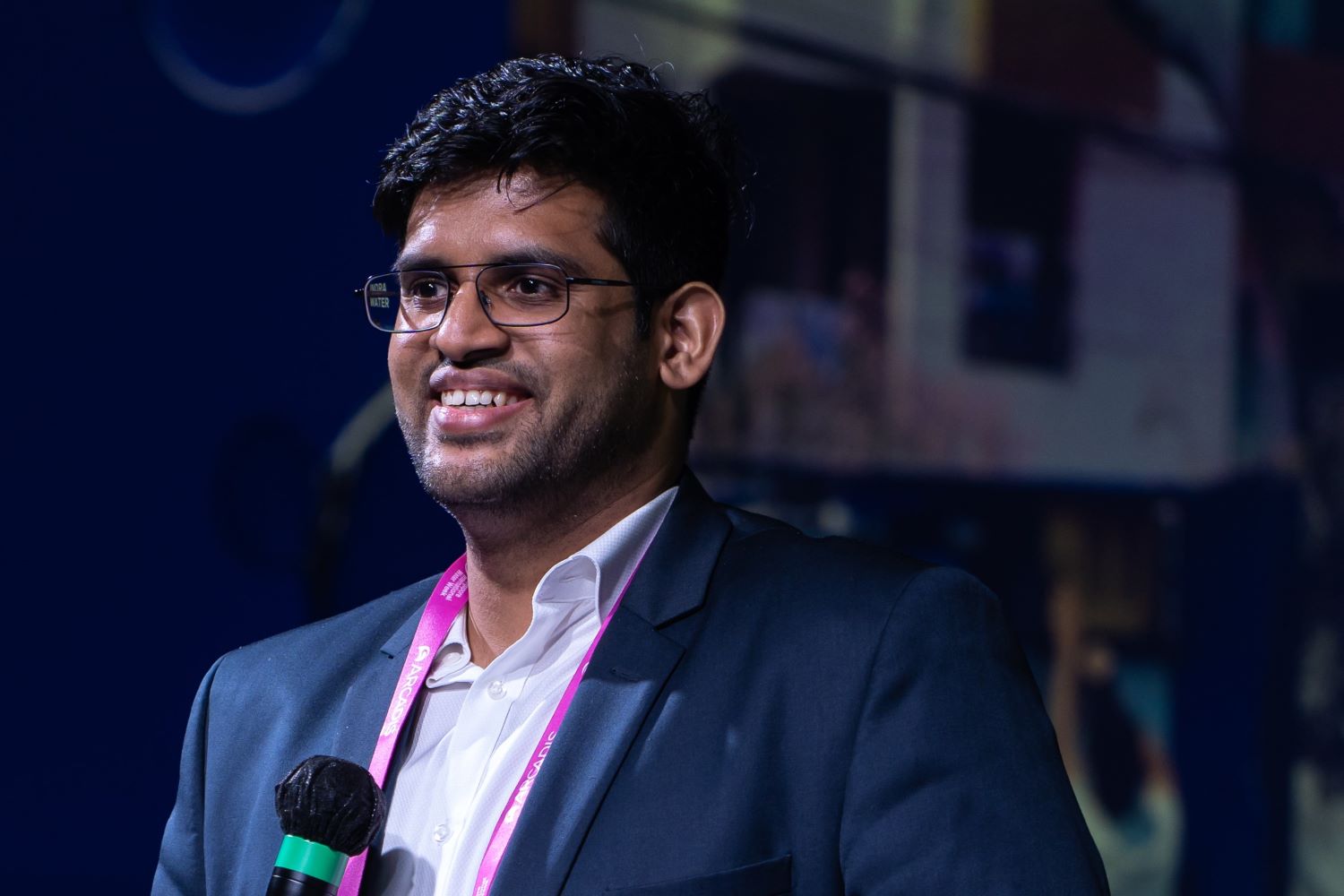







.jpg)



